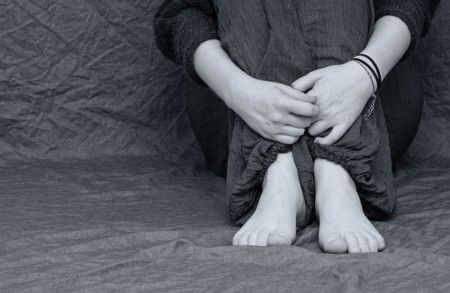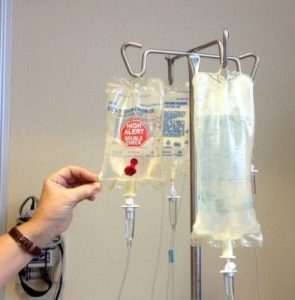Anxiety attacks and their symptoms – origin and adviser

Anxiety attacks and their symptoms
Anxiety attacks are also described as panic attacks and are very unpleasant for the person affected. They appear unexpectedly and overwhelm the affected person. If you also suffer from such attacks, then it is high time that you deal with the issue and find a way out of the fear.
Symptoms of a panic attack include palpitations, sweating, dizziness and pure fear. If you also experience such symptoms, it may be an anxiety attack.
This usually occurs unexpectedly and puts those affected in fear and terror. Anxiety attacks can greatly affect life and have a negative impact not only on the psyche, but also on social behavior.
If you too feel a fear coming out of nowhere and taking a firm grip on your life, then you should take action. Do something against the fear and fight the fear attacks sensibly and above all with the suitable support.
How does an anxiety attack develop?
In order to understand anxiety and know how to combat the anxiety attack, you need to be aware of how the panic attacks occur.
When you experience the first panic attack, it is usually a shock. Because you certainly could not assess the symptoms that your body has sent.
The fear of death that develops during a first attack spreads to almost every sufferer. This fear is normal, because your body sends signals to you that something is wrong.
Fear is something vital because it protects you from getting into danger or it encourages you to leave the situation. Fear is important, but anxiety attacks are not normal!
The symptoms of an anxiety attack are caused by a misinterpretation of the brain. When our body signals danger, it sends the appropriate signals, which include the release of adrenaline.
This release stimulates the body to flee, which is why you are overwhelmed by the symptoms during an attack. The lack of control over these symptoms is what makes panic attacks so unbearable for you and for other sufferers.
How to fight anxiety attacks?
If anxiety attacks occur several times a month, it is called an anxiety disorder. It must be treated at all costs. Affected people feel their own fear as confused and usually do not know what you can do yourself against the fear.
You do not have to live with your fear! You should always keep this in mind. To control and manage the anxiety attack, you need to know what triggers the anxiety. Explore your fear, explore the triggers.
If you cannot find a specific trigger, then you should consult a doctor. This can determine a possible drug intolerance or arrange accordingly a hormone examination.
If the trigger does not lie in existing medications, then it is up to you to end your panic. Recognize the reason for your fear. Define them and keep in mind that there is no reason for panic. Talk yourself down.
Try to consciously face the fear. Panic attacks can often arise from stress and overload. Avoid stress and try to approach the situations calmly.
Autogenic training is a very important part of getting rid of anxiety attacks. Breathing exercises are the best way to calm the heart and pulse in times of need. If you do not see any possibility to help yourself, then you can consult a doctor accordingly.
Panic Stop guide for anxiety attack sufferers and relatives
The guide Panic Stop is for you but also relatives the possibility to understand their own fear or panic first of all.
The understanding of the disease is really important, because only then you or your relatives can react correctly. The author of the guide Panic Stop was himself affected and now wants to help the anxiety sufferers. Helping you to deal with your own anxiety again.
It is important not to leave the affected person alone in this situation. Walk this path together and explore the fear. Also a conversation with a psychologist can help further.
It is important for yourself not to allow the anxiety to get to you. Breathing exercises, autogenic training and other ways of calming down provide the appropriate balance when the panic once again explores the body.
In any case, use the diary of the Panic Stop guide to integrate your own anxiety and to analyze exactly when your anxiety attacks become acute.




